Updated: Aquion as a saltwater battery is no longer available in North America having moved to China after being bought out. But we've heard about a Dutch company who are starting to commercialize something similar. See here to learn all about Lithium Ion home battery power storage solutions
Renewable energy is a hot topic, not just in green building circles, but all across the globe. The need is urgent, the products are improving and the prices are dropping. So what used to be a niche market is now somewhat mainstream, and a greater market share always leads to competition and innovation.
Advances in the industry and high prices for grid-fed power have brought us to the point where setting up a photovoltaic solar panel system for your home makes far more financial sense than even just a few years ago. When thinking about the long-term return on investment, in some cases it can actually be on par or an even more affordable option than what is offered by local utilities.
Much of the appeal of private power generation is resilience and personal security by being able to run the systems of your home in the case of grid failure. That brings us to the elephant in the room - storing power affordably, safely, and with limited environmental impact.
Feeding power back into the grid can be something of an effective 'storage' solution depending on how your regional power supplier rewards you for your contribution, but that does nothing for you in the face of power outages.
Prior to Aquion's saltwater battery, the options were limited to lead-acid batteries or lithium ion, but there isn't a big selection of manufacturers that offer lithium ion. Sonnen Batterie and Tesla are two of the more notable ones, and the Tesla powerwall did not live up to the hype that the name instantly generated and has since discontiued that model and replaced it with the Powerwall 2. Sonnen Batterie to date seems to be the most promising; it is a self-monitoring, user-friendly battery with the capability of being fully discharged without damaging the system.
As photovoltaic panels continue to improve in performance and drop in price, better batteries have really been the missing link to making home micro-power generation a staple of the residential construction industry.
Does the Aquion saltwater battery work?
Aquion hasn't been on the market long enough to have an ironclad track record that can be cited, but here is some of what we've read that we like:
- They have no toxic chemicals or heavy metals so they are non-explosive, non-flammable and non-corrosive, making them the safest home battery on the market at this time.
- They are said to outperform and outlast commercially available alternatives.
- Self-balanced charge: when multiple batteries are connected in series or in parallel they will level each other out for an even charge.
- It's user-friendly - while its not the only one on the market that does this, the company offers a monitoring service where data is sent to the company and to the homeowner so you can personally ensure its performance.
- Systems can be added onto at later dates if your demand and need for storage increases.
- No hazardous waste to contend with at their end of life; materials are recyclable.
- Aquion batteries can be discharged down to 90% of capacity without causing damage, where lead-acid batteries (and even the Tesla lithium ion Powerwall) should not be discharged below 50% capacity at risk of shortening their life. A consequence of using only half the capacity of a battery is the need for twice as many to meet your demand.
The absence of rare earth metals in the Aquion saltwater battery eliminates the need for extracting such materials and consequently eliminates the accompanying ecological damage, along with the political upheaval that can be a result of high demand for dwindling global resources.
Lithium, for example, is in very high demand for high-tech products and there is long-term concern about available resources given our culture of embracing our personal devices. Conversely, there is no foreseeable shortage of saltwater on the horizon; in fact, over most of the planet, saltwater is the only thing on the horizon.
At about $1,900 Canadian for the 48V model, the Aquious Hybrid Ion battery (AHI) falls at about the middle of the price scale for home batteries, but when you factor in its longer lifespan, it starts to stand out as one of the more affordable options.
This is also the first battery to achieve Cradle to Cradle certification, which is a lifecycle analysis that measures the overall ecological impact of products. Being comprised only of carbon, cotton, saltwater, and manganese oxide (MnO), Aquion seems to be the 'greenest' home battery currently on the market. It's available across Canada through Sentinal Solar, though they don't have a ton of warehouses so check your location against shipping costs before you get mentally attached to the price tag.
Now you know more about solar PV and home battery power storage. See more pages on renewable energy and green building in the Ecohome Building Guide and these pages here :
Find out about the benefits that come with a Free Ecohome Network Membership! |



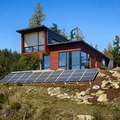














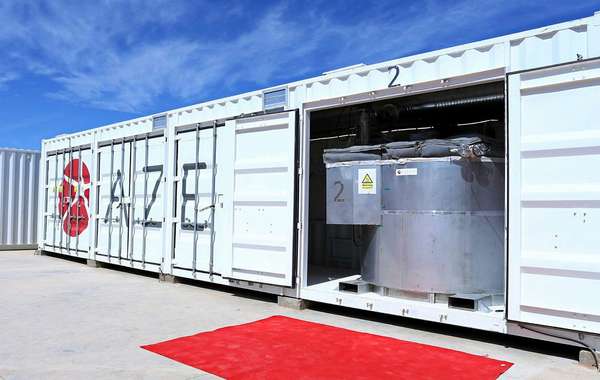

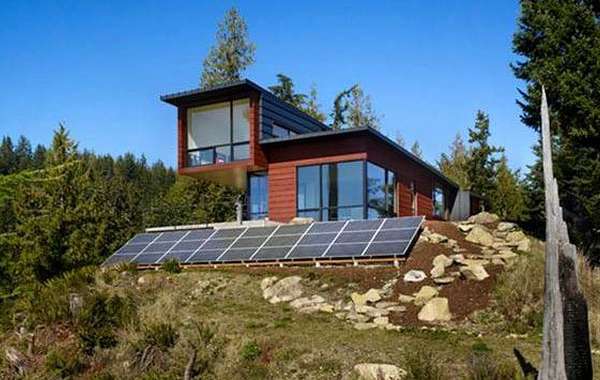

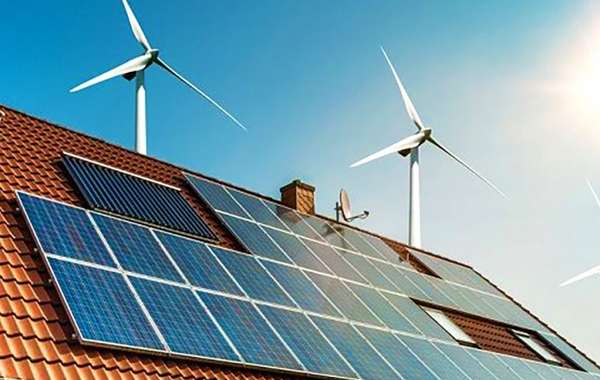

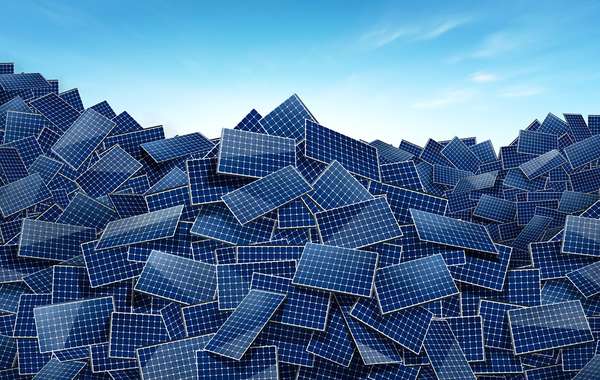

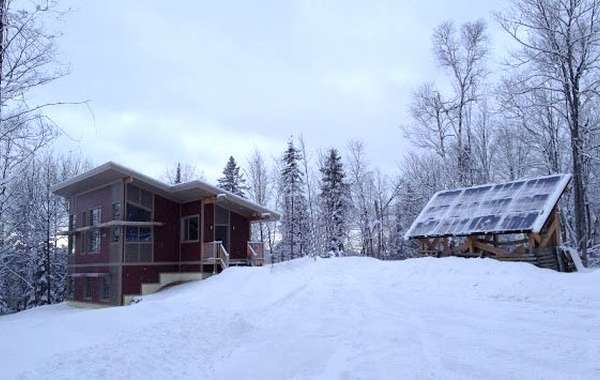
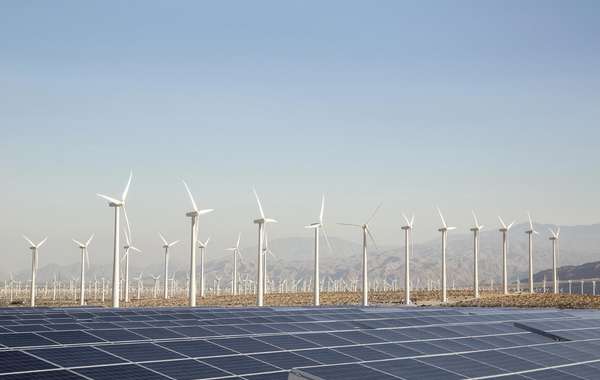
Comments (0)
Sign Up to Comment